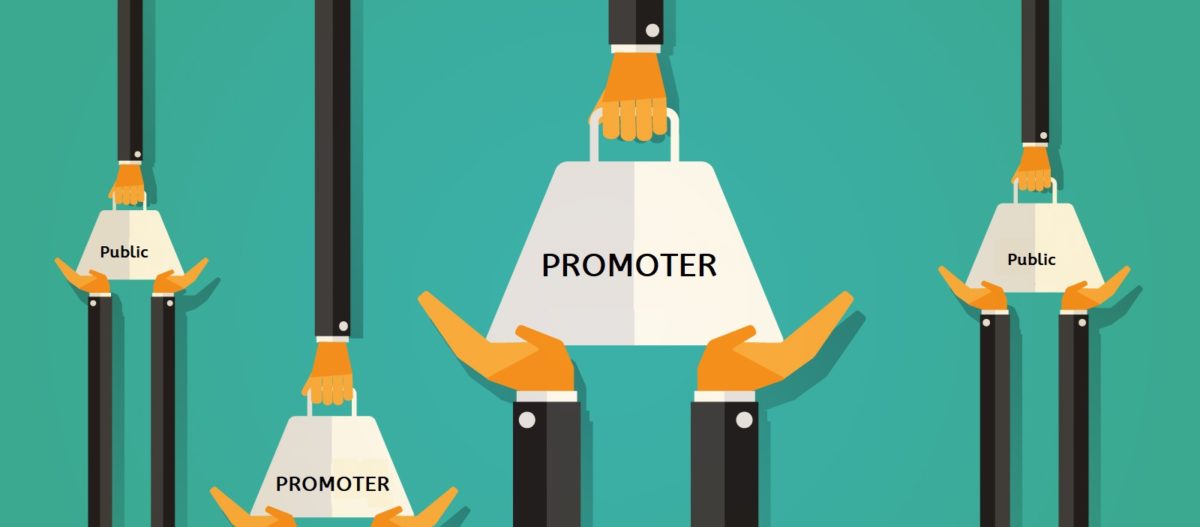Market regulator the Securities and Exchange Board of India (SEBI) on 30th December, 2014 proposed new rules to allow reclassification of promoters of Listed Company looking to become public shareholders.
SEBI is mulling a one-year expiry period from the date of intimation for reclassification of promoters as public shareholders.
“The present regulatory framework does not prescribe criteria for reclassification, it is proposed to prescribe specific criteria to lend objectivity to the process of reclassification of promoters of listed companies as public shareholders.
Promoter reclassification had become a contentious issue last year, when some entities were seen reclassifying themselves as ordinary shareholders ahead of the deadline for achieving the mandatory 25 per cent public float.
The lack of a framework in this regard had led to confusion and litigation in cases including Gokaldas Exports and Gillette India, where entities belonging to the promoter group had sought reclassification.
SEBI will allow promoters to become non-promoters under three scenario
- Forging a ‘Separation Agreement’ with the company where the promoter group ceases all rights and powers
- Drop in shareholding of the entire promoter group to below 5%
- The Third would be following an open Offer.
RECLASSIFICATION UNDER ‘SEPARATION AGREEMENT’
In case of Reclassification under ‘separation agreement’ and the promoter group holding less than five per cent shares in a company, the promoter group entity/company would have to give intimation to bourses for such reclassification along with all the relevant details including reason for such move and shareholding of the said promoter group among others.
Besides, the re-classification will be permitted after expiry of one year from such intimation. Post the initial one year, such promoter group entity may be classified as public.
However, they shall not be considered to be part of public shareholders for another three years for the purpose of compliance with SEBI’s 25 per cent minimum public shareholding requirement.
Some of the scenarios where such re-classification has already been sought by promoters include cases of split in a promoter family, a main promoter selling majority stake to another investor, marriage between members of rival business families and a promoter group wanting to exit from day-to-day operations of a listed company.
Post reclassification, no shareholding agreement shall exist and all past agreements betweenoutgoing promoter/promoter group entities and the continuing promoter/promoter group entities and outgoing entities and the company, shall be made null and void.
RECLASSIFICATION UNDER SHAREHOLDING OF LESS THAN 5%
In case of reclassification under shareholding of less than five per cent scenario, such promoters should have been disclosed as promoters since at least three financial years prior to the year in which the said promoter/promoter group entities desires to re-classify its holding as public shareholders.
Promoter wanting to become Ordinary Shareholders:
- Have to surrender all the special rights that they enjoy in a Company.
- Outgoing entities will be barred from taking up any Key Managerial Position in the Company or its subsidiaries.
- Entity applying to give up promoter ship should not have any pending market ban on them.
As SEBI said the outgoing promoters should not hold any key management posts in the company or other group companies and if such outgoing entities want to classify themselves as promoters again in future, they shall be required to make an open offer to the public and would not be eligible for exemption from the said obligation.
Gillette is trying to reduce its promoter holding but has been denied permission by SEBI and so the company has filed an appeal at the Securities Appellate Tribunal (SAT). Promoters currently hold 88.76%. The company has proposed a three-stage plan to bring down the promoter holding to 75%.
- Indian promoters would transfer a 4% stake to P&G at a 25% premium for giving up control and certain statutory rights.
- Thereafter, it will terminate the shareholder agreement to be termed public shareholders.
- In the final stage, P&G will sell 4.9% through OFS, which will bring down the total promoter holding to 75%.
The regulator, however, is of the view that the manner is”not in line with the spirit of the norms”.
While hearing Gillette’s appeal, the SAT told SEBI to look into such instances after it was highlighted that some companies just removed certain entities from the promoter group to public by either changing the shareholding agreement or the articles of association.
Jog Singh, presiding officer of SAT, while directing SEBI to look into such instances, added that the regulator should not “contemplate action but think of a solution”. Senior advocate JJ Bhatt, appearing for SEBI, said that the regulator will “investigate” specific cases where entities were reclassified as public shareholders.
CONCLUSION
This amendment will regulate action taken by company to reclassify promoter holding as Public shareholding. The new norms can have significant impact on the way some merger and acquisition deals are structured, as also in cases involving corporate restructuring that take place due to dispute among members of business families or after settlement between rival corporates. Similar clarity on who are part of promoter group even if the legal entity is newly formed will go long way in giving full flexibility to promoter group members and entities and inter-se transfers.




